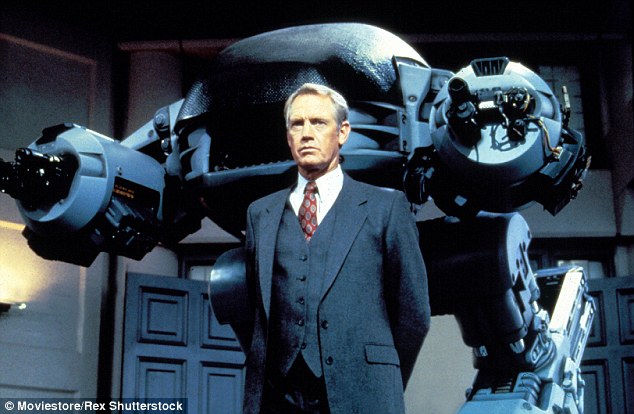AI is an Arms Race, Or, Why Einstein Will Fail
 Remember when SaaS CRM companies needed to build their own multi-tenant architectures to bring their CRM to market? And how they needed to maintain expensive and unwieldy architectures that took focus away from actual product development? And how the cost and complexity of said proprietary architectures was passed along to the customer to maintain revenue goals?
Remember when SaaS CRM companies needed to build their own multi-tenant architectures to bring their CRM to market? And how they needed to maintain expensive and unwieldy architectures that took focus away from actual product development? And how the cost and complexity of said proprietary architectures was passed along to the customer to maintain revenue goals?
Oh wait. That’s still going on with companies like Salesforce.
But, even Salesforce has finally admitted that CRM vendors should not also be cloud infrastructure providers anymore. The company’s recent partnership announcement with Amazon tells us all we need to know. Salesforce needs to focus on innovation, since its core product is old and the cost of maintaining the underlying delivery and development infrastructure itself is proving costly.
So, why is Salesforce potentially repeating past mistakes by trying to create a proprietary AI product for CRM?
Let me explain. What I see brewing with Salesforce’s Einstein concept is a hodge-podge of Wave analytics, generic machine learning (pieced together by several small pocket acquisitions), SalesforceIQ, and elements of Data.com – all components of Salesforce’s portfolio. In short, Salesforce is building yet another proprietary stack in AI.
By “owning” the entire stack, one could argue the profits (as noted, something perennially eluding Salesforce) can be much higher. But at what cost? By instead focusing on integrating industry standards and expert-AI platforms into its tools – a CRM provider can have more flexibility and be able to keep up with the rapid pace of change.
Today, companies like IBM with Watson, and Amazon with its AI platforms are opening these up to software manufacturers as a service. These companies have both the deep pockets and expertise to offer broad and even focused AI-tools for CRM usage scenarios – without CRM vendors having to do much if any heavy lifting.
Here at SugarCRM, we are taking a “best of breed” approach for a number of reasons. One, it will speed our time to market to leverage pre-built, highly scalable and proven AI toolsets and platforms. And, of course, the cost to bring AI-powered CRM offerings to our prospects and customers will be lower, which we can pass on to the user and remain a value-driver for our partners and customers.
And again, by leveraging larger platforms and standards, we will be more nimble than those building hulking masses of analytics engines, giant data warehouses, etc. We will be able to quickly hone our offerings to adhere to market demands, without having to re-architect massive purpose-driven AI stacks.
In short, it is becoming clear to me that AI is an arms race – and categories like CRM should not be trying to reinvent the wheel. Just as with cloud delivery – when you integrate and build upon expert, proven strategies – you can cut costs, speed time to market, and focus on building exceptional customer experiences.

